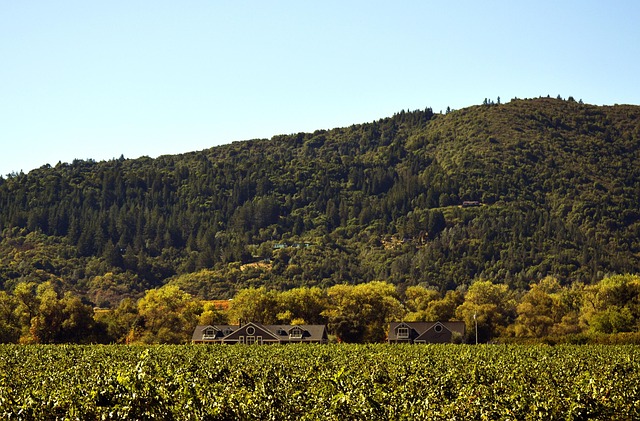Real estate professionals in regions with distinct seasons can capitalize on peak travel times by offering specialized services, such as short-term rentals and tailored traveler experiences. Strategically located properties near tourism hotspots and transportation hubs are valuable assets. The seasonal economy drives property demand during events like festivals or sports tournaments, encouraging developers to invest, but also causing price increases in popular areas. Understanding these trends is key for real estate investors and agents to optimize their strategies and meet the unique demands of transient populations.
“The seasonal economy plays a pivotal role in shaping the landscape of real estate and hospitality, especially for road travelers. This article explores the intricate relationship between these sectors, focusing on how understanding seasonal trends can drive successful business strategies. From a real estate perspective, we delve into the dynamics of peak travel seasons and their impact on property values and market demands. Additionally, we uncover opportunities for caterers to engage and accommodate traveling guests during these fluctuations.”
Understanding the Seasonal Economy: A Real Estate Perspective

The seasonal economy, particularly in regions with distinct seasons and diverse landscapes, presents unique opportunities and challenges for real estate professionals. This dynamic market is characterized by fluctuations in demand, mirroring the natural rhythms of tourism and local activities. For instance, areas known for their vibrant summer festivals or winter sports attractions often experience spikes in visitor numbers, leading to increased accommodation requirements. Real Estate agents and investors play a pivotal role in catering to this transient population by offering short-term rentals, vacation homes, and strategically located properties that align with the seasonal trends.
Understanding these seasonal shifts allows real estate experts to adapt their strategies. They can forecast peak seasons, anticipate property values, and provide tailored services to road travelers seeking temporary stays. Moreover, by embracing technology and digital marketing, they can reach a broader audience and efficiently manage listings, ensuring a seamless experience for both property owners and travelers looking for authentic local connections during their trips.
Catering to Road Travelers: Strategies and Opportunities

Catering to road travelers is a lucrative opportunity for businesses in the seasonal economy, particularly those operating in regions with vibrant tourism and transportation hubs. Strategies can be tailored to meet the unique needs of this transient market, focusing on convenience, quality, and timely service. Real estate plays a significant role here; strategically located rest stops, roadside cafes, or accommodation facilities that offer easy access for travelers are highly desirable. Implementing digital solutions, such as online ordering and mobile apps, allows businesses to reach road travelers efficiently.
Businesses can create tailored packages or menus catering to various preferences and dietary requirements. For instance, offering quick bites for those on the move versus sit-down meals for longer stays, or accommodating specific diets like vegetarian, vegan, or gluten-free options. Additionally, leveraging local produce and seasonal ingredients can attract food enthusiasts and promote sustainability. By understanding traveler behavior, trends, and using data analytics, businesses in the real estate sector can develop innovative concepts that keep road travelers engaged and satisfied, fostering loyalty and word-of-mouth recommendations.
The Impact of Seasonal Trends on Real Estate and Hospitality

The seasonal economy significantly influences real estate and hospitality industries, creating unique opportunities and challenges. During peak travel seasons, areas known for their natural attractions or cultural events often experience a surge in visitor numbers. This influx can lead to higher property demand, with travelers seeking accommodations that cater to their specific needs and preferences. As a result, real estate developers and investors might focus on constructing new facilities or renovating existing ones to meet this seasonal demand.
In addition, the seasonal trend may drive up prices for both short-term rentals and long-term residences in popular destinations. Hotels, resorts, and other hospitality businesses adjust their rates accordingly, knowing that guests are willing to pay a premium during high-demand periods. This dynamic underscores the importance of understanding local market trends for real estate professionals aiming to maximize investment returns or adapt to the ever-changing demands of the seasonal economy.






